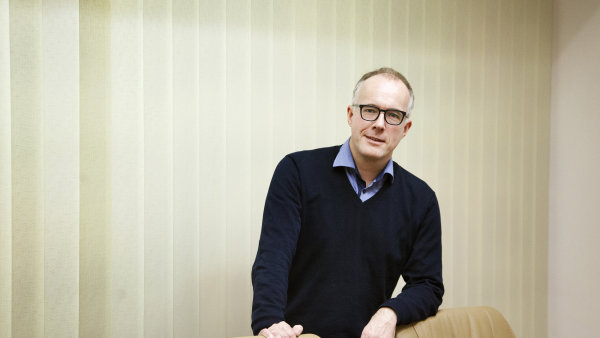Baseload turns into a bug when wind and solar are to become the main pillars of electricity supply. But the bigger story from Germany is that people want to produce their own power, as I outline in this interview with the Czech daily Hospodářské Noviny.
Read the full interview here.
HN: In January during a cold period, both wind and sunshine were totally minimal. So, in all Central Europe, it was necessary to burn coal, oil, anything, everything what could be burned. Does this show the weaknesses of energy based on renewable resources?
These are the situations that are difficult to manage when we are going to move our system towards renewable sources. It is a question of perspective. Today, renewables produce 33 percent of electricity in Germany, an annual average. Sometimes it’s more, sometimes less. And while it was cold, biomass and water supplies were supplying, so we ran around 10 percent of electricity from renewable sources. But even though the country was the largest consumer, it still exported electricity. So, we’re far from blackout. In my opinion, we still need to shut down more conventional power plants.
HN: How will your energy industry react to such a crisis?
It’s an economical, not a technical question. In Germany, we began to realize that the age of baseload will end eventually. That was the time when energy was supplied by large stations that run 24/7. Baseload does not have a place in the future. Over the next decade, wind and solar will become the biggest pillar of Germany’s electricity supply. Both fluctuate and depend on the weather. And that requires conventional power plants to be much more flexible to be able to start and stop continuously. The flexible system has more gas power plants and fewer coal and nuclear ones. But it also means more flexibility on the side of consumers. We already see it today. Industrial users such as large refrigeration companies have special contracts to adjust their production to prices. They draw most electricity at times when the price is low and cut back demand when prices are high.
It is also necessary for greater flexibility to strengthen the grid with our neighbors. In January, a new link to Sweden was announced. In 2019 NordLink, the first direct connection between power markets in Germany and Norway, will start. Both countries have large shares of hydro power, so they can serve as back-up for mutual benefit.
Read the full interview here. It was first published on Hospodářské Noviny.
